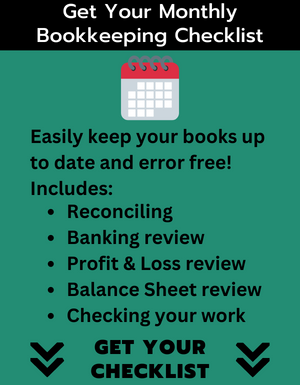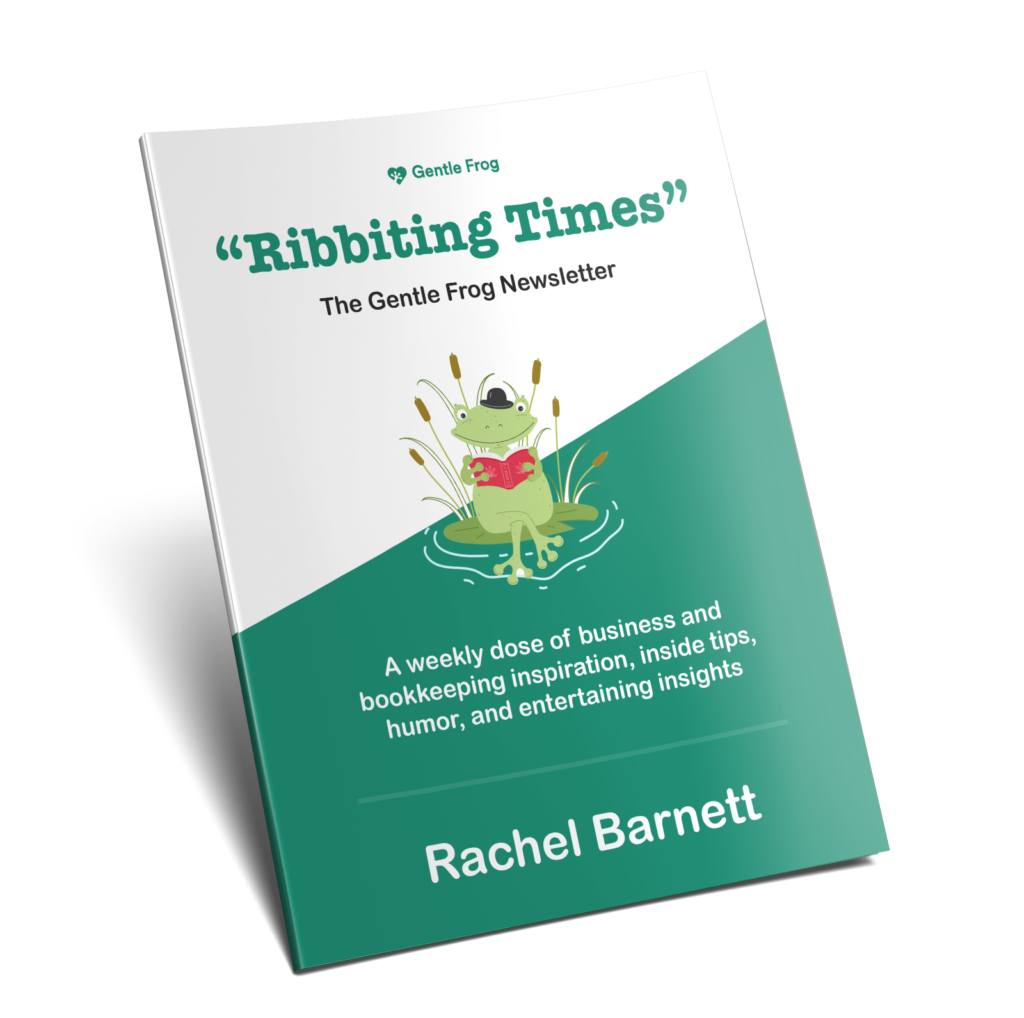You should always hold onto your financial records for a period of time, just in case. You could get into serious trouble with the IRS if you get audited and don’t have the documents to back up your tax records.
How long you keep different types of documents and records will depend on what the record is in relation to. For tax purposes, you should hold onto any records related to income, deductions, or credits shown on your tax returns until the period of limitations on that tax return runs out.
Here is list of the period of limitations that apply to income tax returns found on IRS.gov:
- Keep records for 3 years if situations (4), (5), and (6) below do not apply to you.
- Keep records for 3 years from the date you filed your original return or 2 years from the date you paid the tax, whichever is later, if you file a claim for credit or refund after you file your return.
- Keep records for 7 years if you file a claim for a loss from worthless securities or bad debt deduction.
- Keep records for 6 years if you do not report income that you should report, and it is more than 25% of the gross income shown on your return.
- Keep records indefinitely if you do not file a return.
- Keep records indefinitely if you file a fraudulent return.
- Keep employment tax records for at least 4 years after the date that the tax becomes due or is paid, whichever is later.
When does the period of limitations begin?
Generally, the period begins after the due date, not the filing date. However, if you get an extension the period begins from the extension due date.
If you file late without an extension it’s from your actual filing date.
What about property records?
Records relating to property should be held onto until the period of limitations expires for the year you dispose of the property.
What about foreign income and assets?
If you have any foreign income or assets you should hold onto the records for at least 6 years.
If you receive any foreign gifts or inheritance over $100,000 you should hold onto those documents indefinitely.
You should also hold onto documents indefinitely if you own part of a foreign corporation.
What if you amend a tax return?
Amending a tax return does not change the start date of the period of limitations. However, if you have an increase in tax the IRS has 60 days to assess the amended return.
Can the IRS extend the period of limitations?
Yes, yes they can. If the IRS decides it needs more time to audit they will contact you asking you to sign a form to extend the period of limitations. You can refuse, but the IRS will usually make unfavorable assumptions and assessing extra taxes.
What about state taxes?
Some states follow the same period of limitations as the IRS. But, it’s best to check with your state’s tax department.
So, how long should you keep records?
It depends. You’ll want to do your research on the type of records and your situation. And check with what the IRS suggests: https://www.irs.gov/businesses/small-businesses-self-employed/how-long-should-i-keep-records





